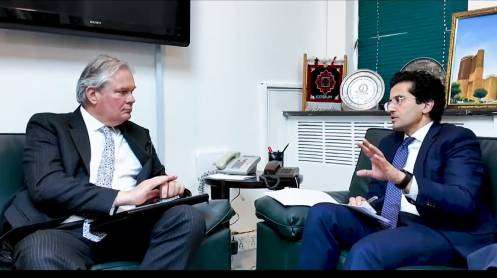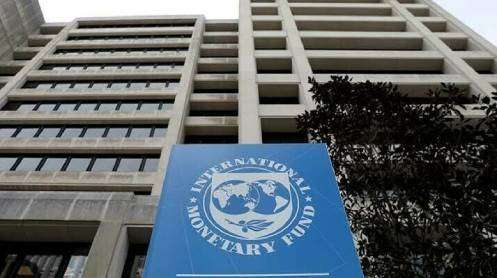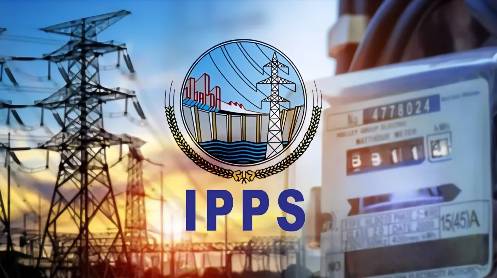ISLAMABAD: A significant dispute has emerged between the Power Division and the State Bank of Pakistan (SBP) over the repatriation of Rs431 billion owed to Chinese coal-based power projects, raising concerns over investor confidence and payment transparency.
The issue surfaced during a meeting of the Sub-Committee on Reforms, chaired by Minister for Petroleum and Natural Resources Ali Pervaiz Malik, where officials debated the delay in foreign currency payments due to Chinese Independent Power Producers (IPPs) such as Port Qasim and Sahiwal.
While the Power Division claims that Rs431 billion remains blocked in the commercial banking system—primarily related to non-energy components—the SBP strongly denied any pending loan repayments or profit repatriations on its end. The central bank acknowledged only a \$26.5 million profit payment pending with one commercial bank, expected to be cleared shortly. It also denied issuing any formal or informal instructions to banks to delay payments.
A detailed ageing report presented during the session revealed that while energy-related payments are within the usual 90-day cycle, non-energy payments have remained unresolved for years—their value further eroded by the depreciation of the rupee.
Brigadier (Retd) Muhammad Kashif Butt, a committee member, dissented from the restructuring decisions, particularly the abolishment of the GM (Security) post, claiming he was unaware that his own position was under review.
The absence of NEPRA officials from the meeting was also noted, particularly as eight pending cases related to the matter remain under adjudication. The SBP was asked to provide a written report with payment and ageing details of all transactions pending with commercial banks.
The lack of alignment between SBP and the Power Division made it difficult for the committee to propose a conclusive way forward. The chair reiterated five key principles for investor confidence: rule of law, contract sanctity, security guarantees, transparent processes, and policy predictability.
SEZ and Investment Facilitation Updates
The Board of Investment (BoI) presented updates on six priority Special Economic Zones (SEZs) — including AIIC, BQIP, KIP, Rashakai, Dhabeji, and Pakistan Steel Mills (PSM) — which are being marketed to Chinese investors. Of these, 3,000 acres are available at PSM and 700 acres at AIIC.
The BoI emphasized regulatory reforms through the Business Facilitation Center (BFC) model and “regulatory guillotine” initiatives aimed at streamlining business processes. Two major reform packages—expected to save Rs250 billion—have been finalized, with three more in the pipeline.
The committee recommended hub-and-spoke BFC models in SEZs and Service Level Agreements (SLAs) to define timelines for investor services.
Port Reforms and Cold Chain Improvements
Officials from the Ministry of Maritime Affairs, Port Qasim Authority, and Karachi Port Trust reported improvements in port clearance times—reduced by 24 to 48 hours—but admitted the absence of precise data on reefer container costs or occupancy.
The committee proposed that trusted investors’ consignments be routed through green channels and called for a comprehensive port governance framework and one-window cold chain logistics system with SLAs and pre-clearance support.
Finally, the chair expressed concern over the long-vacant Chairman post at KPT, instructing the Ministry of Maritime Affairs to appoint a look-after officer and expedite the selection process.
Story by Mushtaq Ghumman







